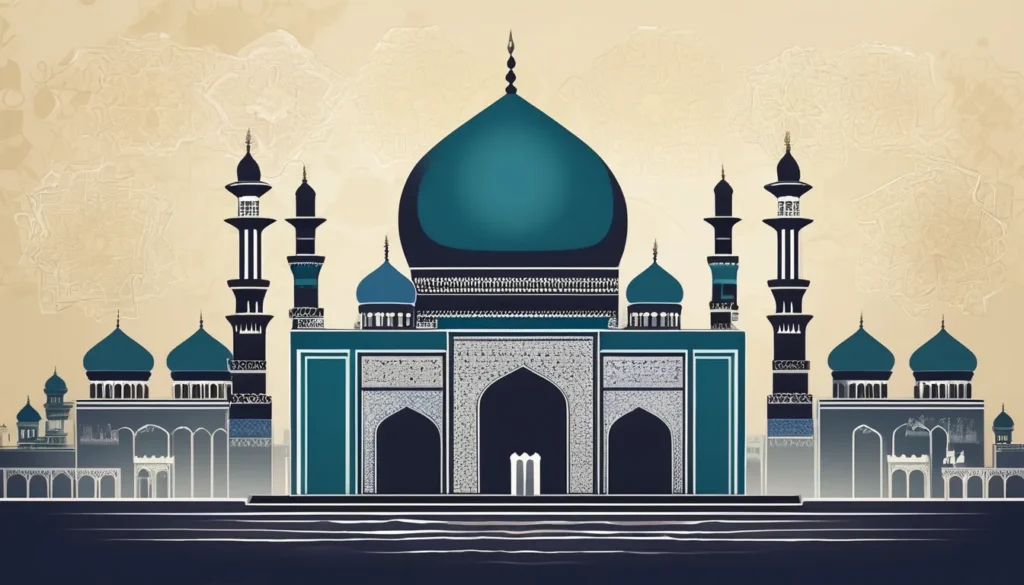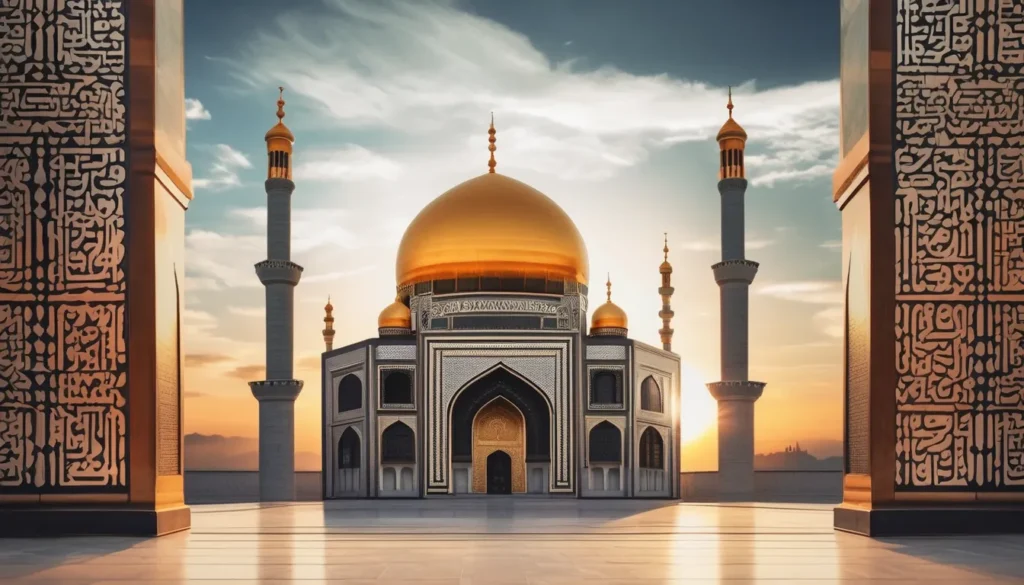Dua in Islam, or supplication, is a key part of Islam, allowing direct communication with Allah. It reflects faith, humility, and dependence on the Creator. In all aspects of life joy, distress, or uncertainty Muslims are encouraged to turn to Allah through dua.
In this comprehensive guide, we will explore the significance of dua in Islam, the different types of supplications, how to make dua effectively, and the moments when duas are most likely to be accepted.
You May Also Read: Best Online Quran Classes In 2024
The Importance of Dua in Islam
Dua, often referred to as the weapon of the believer, plays a vital role in a Muslim’s spiritual life. In Islam, dua is not merely a ritual; it is an act of worship, devotion, and submission to Allah. The Prophet Muhammad (peace be upon him) said:
“Dua is worship” (Tirmidhi).
This statement alone highlights its significance in the daily lives of Muslims. Dua represents a direct line of communication with Allah, wherein a believer can express their innermost thoughts, needs, and desires. It’s an acknowledgment that Allah is All-Powerful and that He alone can grant what one asks for. Allah says in the Quran:
“And your Lord says, ‘Call upon Me; I will respond to you.’ Indeed, those who disdain My worship will enter Hell contemptible.” (Surah Ghafir, 40:60).
This verse underlines the importance of dua in Islam. Serves as a reminder that turning to Allah in times of need is both an obligation and a means to receive His mercy and blessings.

Types of Duas
There are different types of duas that Muslims can engage in, each serving a distinct purpose. The Quran and the Sunnah provide numerous examples of supplications for various occasions, situations, and needs. Some of the most common types include:
- Dua for Protection Muslims often make duas for protection from harm, evil, or calamities. These supplications invoke Allah’s safeguarding over their physical, emotional, and spiritual well-being. For instance, the famous dua for protection is:“In the name of Allah, with whose name nothing in the heavens or on earth can harm, and He is the All-Hearing, the All-Knowing.”
- Dua for Forgiveness Humans are inherently imperfect, and seeking forgiveness from Allah is an important aspect of Islam. The act of asking for forgiveness (Istighfar) brings immense spiritual cleansing. One well-known dua for forgiveness is:“O Allah, You are the Forgiver, You love to forgive, so forgive me.”
- Dua for Guidance Life is filled with challenges, and seeking Allah’s guidance is crucial for navigating through difficult decisions and moral dilemmas. One of the most common duas for guidance is Istikhara, where a Muslim asks for divine clarity before making a decision.
- Dua for Blessings Whether in seeking health, wealth, success, or overall well-being, Muslims are encouraged to ask Allah for His blessings. An example of such a dua is:“O Allah, grant us goodness in this world and goodness in the Hereafter, and save us from the punishment of the Fire.”
How to Make Duas Effectively
While making dua is an act of worship in itself, there are certain etiquettes and methods that can enhance the effectiveness of a supplication. The more sincere and mindful a person is while making dua, the more likely it is that their dua will be accepted. Here are some key points to consider for effective supplication:
- Start with Praise and Gratitude Before asking for anything, begin your dua by praising Allah and thanking Him for His countless blessings. One should glorify Allah with His beautiful names (Asma ul Husna) such as
“Ar-Rahman” (The Most Merciful) and “Al-Ghafoor” (The Most Forgiving).
- Be Sincere in Your Heart Sincerity in dua is crucial. Your heart should be fully present and engaged in the act of asking. Dua should not be a mindless repetition but rather a heartfelt request that reflects your trust in Allah.
- Use the Names of Allah The names of Allah (Asma ul Husna) are powerful tools in making dua. Calling upon Allah by His attributes can strengthen the dua. For instance, when asking for forgiveness, use
“Ya Ghafoor” (O Forgiving One); when seeking sustenance, use “Ya Razzaq” (O Provider).
- Choose the Right Time Certain times are more conducive for making dua, such as during the last third of the night (Tahajjud), after the obligatory prayers, and on Fridays. These moments are blessed and provide greater opportunities for your dua to be accepted.
- Have Firm Belief When making dua, it is essential to have a firm belief that Allah will respond. The Prophet (peace be upon him) said:
“Call upon Allah while being certain of being answered.” (Tirmidhi).
Times When Duas Are Most Likely Accepted
Islam teaches that certain times and circumstances are particularly favorable for making dua. Making supplication during these blessed moments increases the likelihood of acceptance. Some of the most significant times include:
- During the Last Third of the Night The last third of the night, also known as the time of Tahajjud, is one of the most blessed times for making dua. It is during this time that Allah descends to the lowest heaven and asks:“Is there anyone who asks of Me, so that I may grant them their request?”
- After Obligatory Prayers (Salah) Duas made after the five daily prayers are highly encouraged. After completing your Salah, take a moment to make personal duas, asking for Allah’s blessings, protection, and guidance.
- On Fridays (Jummah) The hour of Jummah is known as a special time for making supplications. It is reported in hadith that there is a moment on Friday when Allah grants whatever a believer asks for during that time.
- During Rainfall Islamic tradition holds that dua made during rain is likely to be accepted. The Prophet (peace be upon him) said: “Two will not be rejected: the dua during the call to prayer and the dua during rain.” (Abu Dawood).
The Power of Continuous Supplication
Making dua is not a one-time act. Muslims are encouraged to make dua continuously and persistently. Even when an answer seems delayed, it is important to keep asking, as persistence in dua is a sign of a strong connection with Allah.
The Prophet Muhammad (peace be upon him) said:
“The person who does not ask from Allah, He becomes angry with him.” (Tirmidhi).
This shows the importance of continuously turning to Allah, even when we may feel our prayers have not been answered immediately.
It is also essential to understand that Allah answers all duas, but in different ways. Sometimes the answer to a dua is immediate, other times it is delayed, or Allah may give something better than what was asked for. Patience and trust in Allah’s wisdom are key to making continuous supplication.
Conclusion
In conclusion, dua is one of the most powerful tools for Muslims. It expresses devotion, seeks Allah’s help, and strengthens one’s relationship with Him. By following proper etiquette, making dua sincerely, and understanding its significance, believers can unlock countless blessings from supplication.
Let us embrace dua not just as a ritual but as an essential part of our spiritual journey. We should trust in Allah’s mercy and wisdom to guide us through every phase of life.

